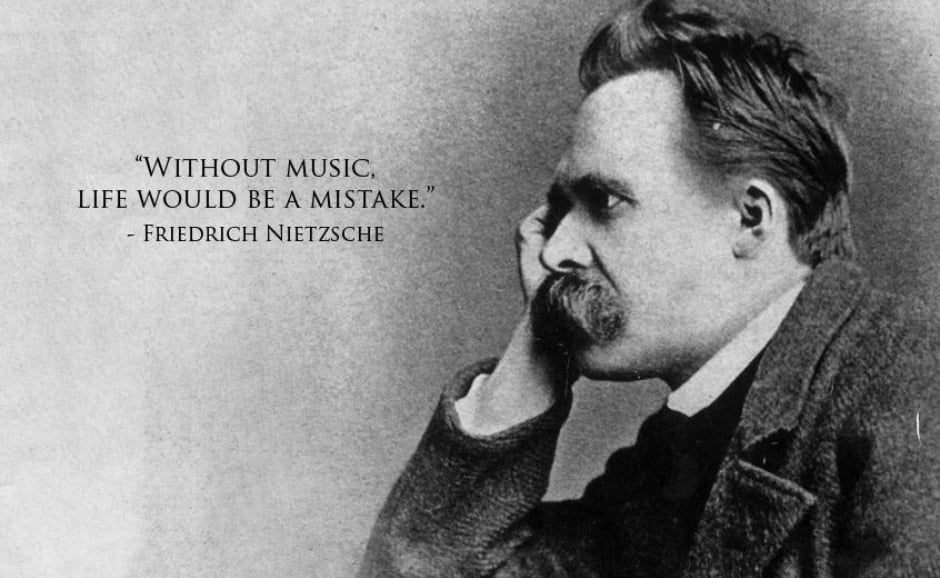

The Transformative Essence of Music
Music is often viewed as a mere form of entertainment; however, its significance transcends the realm of leisure. Friedrich Nietzsche famously asserted, "without music, life would be a mistake." This poignant observation encapsulates the essence of music in shaping our identities, emotions, and societal interactions. When one contemplates the various influences throughout history, music emerges as a pivotal catalyst for change and connection.
The Emotional Resonance of Melody
The emotional impact of music cannot be understated. From the soaring symphonies of classical composers to the rhythmic pulse of contemporary genres, music has an unparalleled ability to evoke emotions. It serves as a universal language, capable of expressing joy, sorrow, love, and conflict. In moments of grief or celebration, melodies and lyrics bespeak our innermost feelings, often articulating sentiments that words alone cannot convey. Thus, a life devoid of music would lack this profound emotional tapestry that enriches human experience.
Music as a Cultural Time Capsule
Beyond personal emotion, music acts as a reservoir of cultural heritage. Each genre encapsulates a specific time, location, and social context, providing insights into the lives of those who created it. From the folk songs of ancient civilizations to the pop anthems of today, every piece of music tells a story that reflects the values, struggles, and triumphs of its era. Therefore, without music, our understanding of history would be significantly diminished. The melodies we inherit act as markers of human evolution and connectivity.
Furthermore, in educational settings, music enhances learning and retention. Research has shown that exposure to music can improve cognitive functions, making it an essential component for cognitive development in children. Music therapy has also emerged as a potent tool in mental health, furnishing individuals with the means to cope with trauma and stress. In essence, it becomes evident that the absence of music would not only detract from individual experiences but would also inhibit the collective growth of society.
